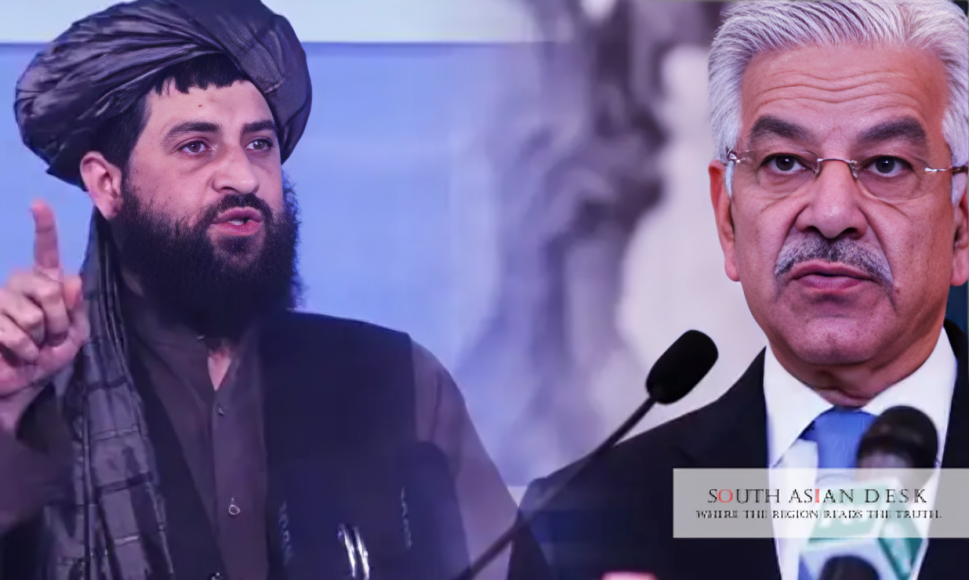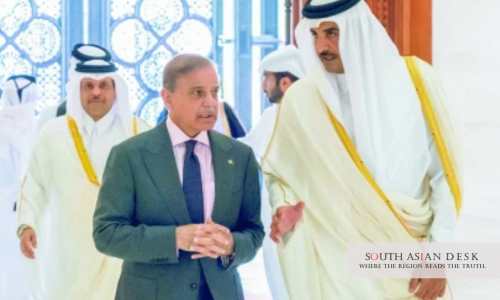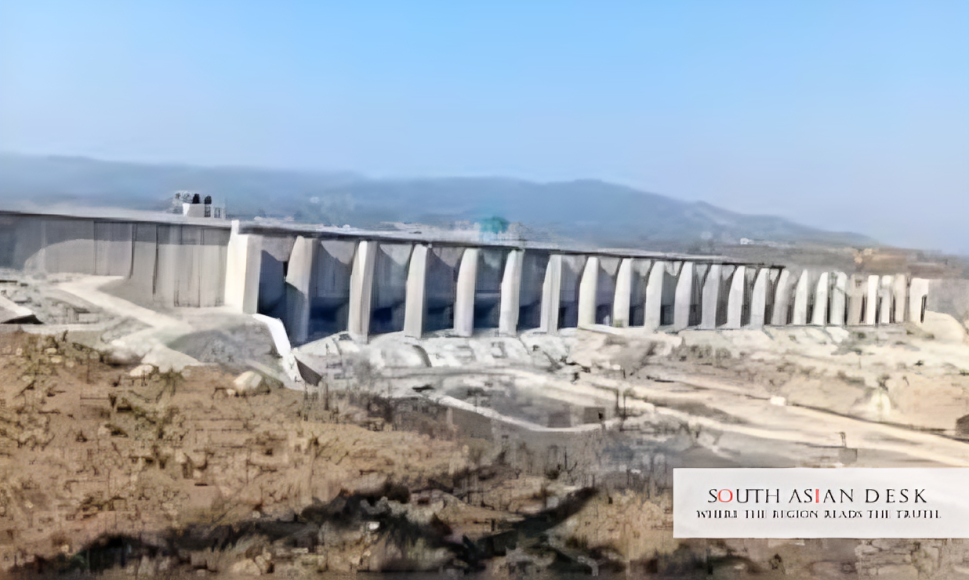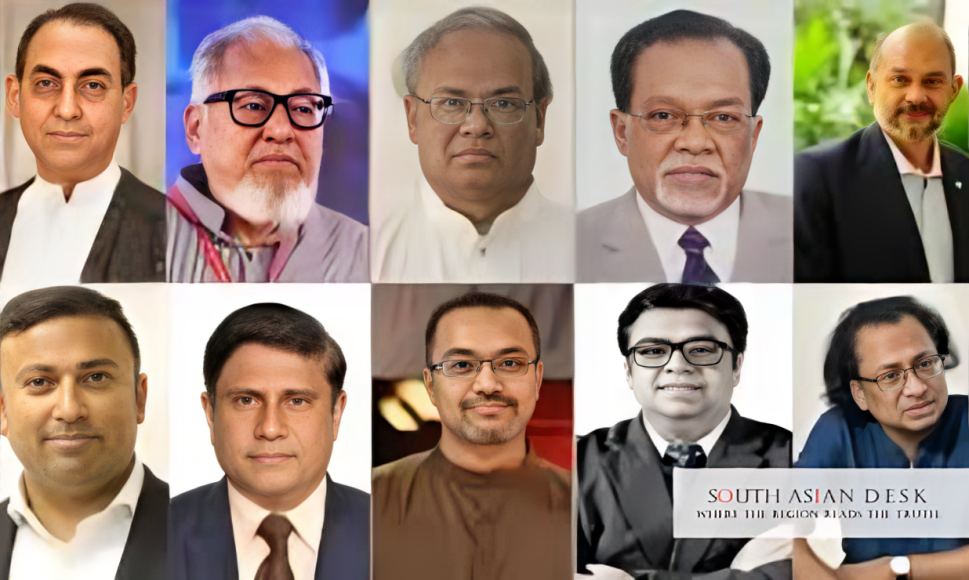The second round talks of Pakistan-Afghanistan in Istanbul commenced on Saturday, October 25, 2025, at 4:35 PM local time. These discussions, hosted by Turkey with Qatar’s mediation, aim to establish verifiable monitoring for the recent ceasefire along the shared border. Key participants include Pakistan’s defence officials and Afghanistan’s interior ministry representatives. The agenda centres on curbing cross-border terrorism. Outcomes could reshape bilateral ties strained by recent clashes.
These Pakistan-Afghanistan second round talks in Istanbul hold profound implications for South Asia. A successful monitoring framework could stem the flow of militants, safeguard trade corridors worth billions, and foster economic recovery in border regions. Failure risks renewed hostilities, exacerbating instability from Afghanistan to Pakistan’s northwest, with ripple effects on India’s security calculus and Central Asian connectivity.
Pak Afghan Istanbul Talks 2025: Focus on Verifiable Oversight
Pakistan and Afghanistan entered the Pak Afghan Istanbul talks 2025 with optimism tempered by caution. The delegations arrived in Istanbul early Saturday. Turkey’s foreign ministry arranged the venue at a neutral diplomatic site. Qatar’s role as co-mediator ensured continuity from the Doha round.
Pakistan’s team, led by officials from the defence and foreign ministries, prioritises a “concrete and verifiable monitoring mechanism”. This stems from concerns over terrorist incursions. Afghanistan’s delegation, headed by Mawlawi Rahmatullah Najeeb, deputy interior minister, seeks balanced resolutions on migration and security.
Tahir Hussain Andrabi, Pakistan’s Foreign Office spokesperson, outlined expectations. “Pakistan looks forward to the establishment of a concrete and verifiable monitoring mechanism in the next meeting to be hosted by Turkiye in Istanbul on Oct 25, 2025, to address the menace of terrorism emanating from Afghan soil towards Pakistan,” he stated during a briefing on October 24, 2025.
Afghanistan’s interim administration echoed commitment. Spokesman Zabihullah Mujahid confirmed the delegation’s departure. “The remaining issues with Pakistan will be discussed in the meeting,” he said. In a post on X, Mujahid detailed the team’s journey: “Following the agreement in Doha a few days ago with the Pakistani side, a delegation led by the respected Deputy Minister of Interior Affairs Haji Najeeb has departed for Turkey. In this meeting, discussions will be held on the remaining issues.”
The talks build on the October 19, 2025, Doha agreement. That pact extended a 48-hour truce into a permanent ceasefire. Both sides pledged no hostile actions. Pakistan committed to halting strikes on Afghan soil. Afghanistan vowed to curb support for groups targeting Pakistan’s government.
Data underscores urgency. Border clashes in early October 2025 displaced 5,000 civilians. Trade halted, costing Pakistan PKR 2.5 billion daily in lost exports. The ceasefire has held, with zero major incidents reported since October 19.
Afghanistan Pakistan Border Ceasefire Istanbul: Technical Committees Take Shape
Central to the Afghanistan Pakistan border ceasefire Istanbul discussions are technical committees. These bodies will review ceasefire compliance. Topics include intelligence sharing, real-time militant tracking, and funding transparency.
Pakistan demands timelines for dismantling Tehreek-i-Taliban Pakistan (TTP) sanctuaries. Requests cover arrests of key figures and raids on safe houses. A third-party oversight, co-chaired by Turkey and Qatar, emerges as a proposal. This structure would verify progress quarterly.
Afghanistan emphasises mutual restraint. Officials stress border security enhancements without unilateral impositions. Migration flows, swelled by 1.2 million returns in 2025, feature prominently. Joint patrols and biometric checkpoints rank high on the agenda.
Defence Minister Khawaja Asif, who signed the Doha ceasefire, leads Pakistan’s push. His Afghan counterpart, Maulvi Sahib Muhammad Yaqub Mujahid, signed alongside. Their Istanbul reunion symbolises goodwill. Yet, trust remains fragile. Pakistan reports 150 security personnel killed in TTP attacks since January 2025. Afghanistan counters with claims of Pakistani incursions.
Mediators praise progress. Turkey’s hosting reflects its Istanbul Process legacy on Afghan peace. Qatar’s involvement draws from Doha Accords experience. “Both sides show sincerity,” Andrabi noted. “We are taking part in the second round of talks in Istanbul with the same sincerity of purpose as in Doha.”
Stakeholders monitor closely. The World Bank estimates reopened borders could boost GDP by 1.5% regionally. South Asian nations watch, as stable Pak-Afghan ties ease narcotics and arms trafficking.
Background: From Border Clashes to Doha Truce
Tensions escalated in mid-October 2025. Pakistani forces struck TTP camps in Afghanistan’s Khost province. Artillery exchanges followed, killing 47 on both sides. Islamabad cited 12 soldier deaths from cross-border fire. Kabul decried sovereignty violations.
A 48-hour truce on October 15, 2025, paved Doha talks. Mediated urgently, those sessions yielded the permanent ceasefire. Trade routes, closed since October 10, stayed shut pending Istanbul outcomes. Refugees in camps near Torkham face uncertainty.
Historical context informs stakes. The Durand Line, disputed since 1893, fuels grievances. Post-2021 Taliban takeover, TTP attacks surged 60%. Bilateral trade, once USD 2.5 billion annually, halved amid mistrust.
What’s Next for Pakistan Afghanistan Second Round Talks Istanbul
Outcomes hinge on monitoring pacts. Success could see borders reopen by November 2025. Committees might convene monthly. Failure prompts contingency plans, including UN involvement.
Analysts foresee incremental gains. “The Doha talks and outcomes were fruitful. We would like the trend to continue in Istanbul,” Andrabi said. For South Asia, these Pakistan Afghanistan second round talks in Istanbul offer a pivot from conflict to cooperation. A robust ceasefire endures only with action.
The Pak Afghan Istanbul talks 2025 underscore diplomacy’s role. As sessions wrap, expectations mount for verifiable steps. The Afghanistan Pakistan border ceasefire Istanbul framework could stabilise a volatile frontier, benefiting millions.
Published in SouthAsianDesk, October 25th, 2025
Follow SouthAsianDesk on X, Instagram, and Facebook for insights on business and current affairs from across South Asia.






